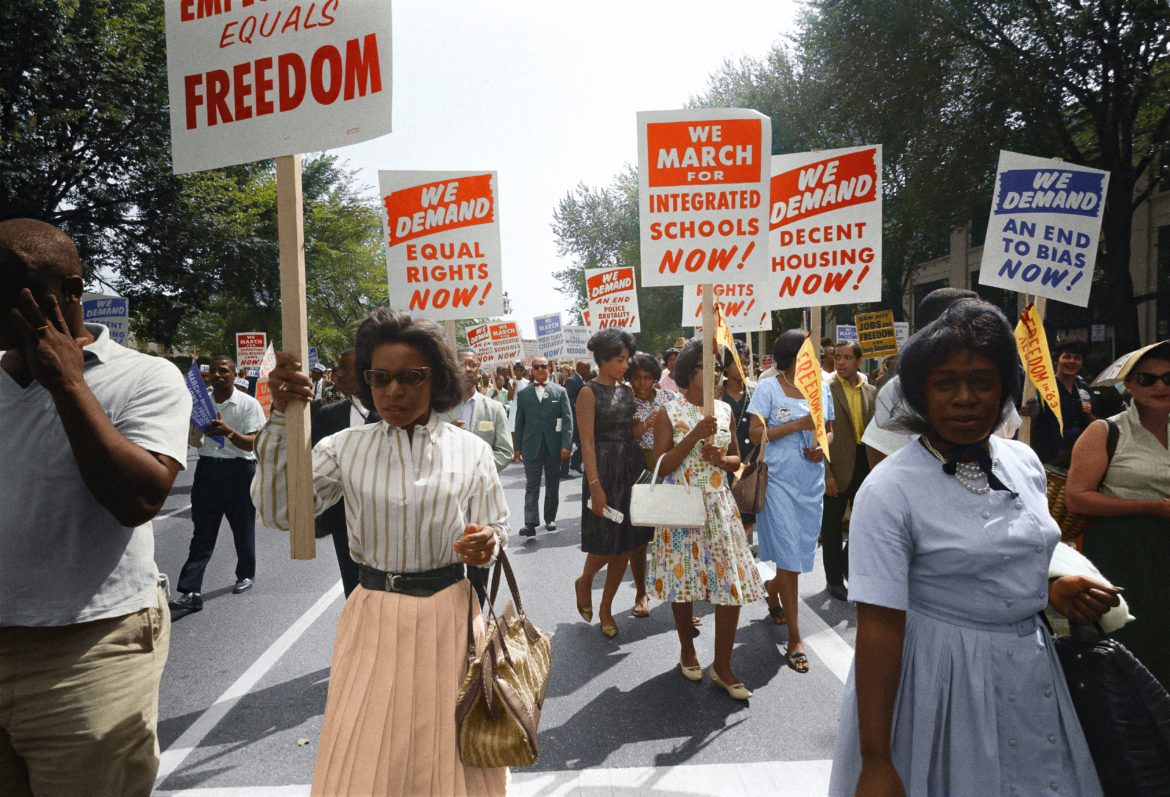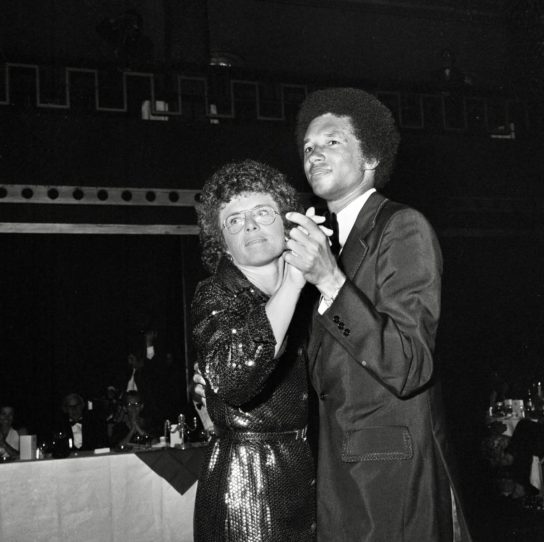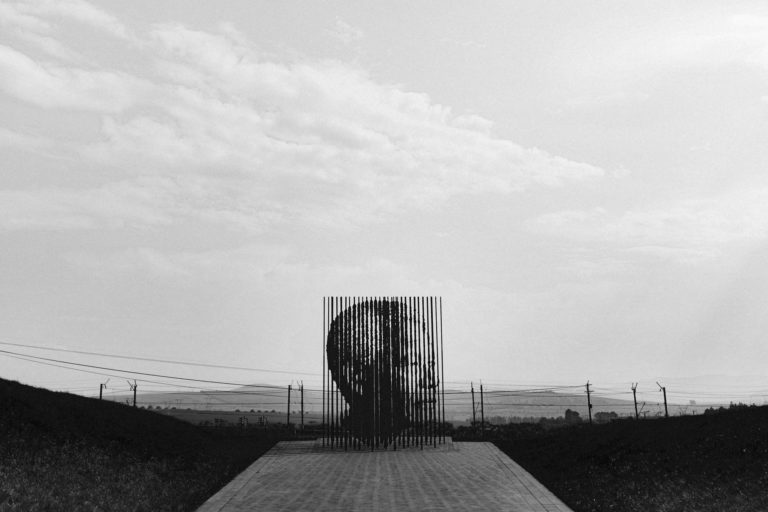Every day when I go online I’m overwhelmed by the amount of bad news I see. In fact, some days it feels like the world is coming to an end. But then I remember, this is but a moment in time and while much of what we’re going through is new and unique—I’m talking about you, COVID—a lot or what we’re experiencing has happened before.

I believe there are many more good people in the world than bad. I believe most of us have a common goal of making good lives for our families, friends, and fellow human beings.
The good news is, here we stand. We survived the sixties. The bad news is, we’re still dealing with some of those same issues today. So, what’s my point? Well, I am and hopefully always will be an optimist. I believe there are many more good people in the world than bad. I believe most of us have a common goal of making good lives for our families, friends, and fellow human beings. I believe that with genuine soul searching and tangible action on each of our parts, we will ultimately overcome the injustice and inequality that exists in the world. And, let me be clear, I believe we will get through 2020 and that the future is bright.
How do I stay positive? I look at history to remind myself how much adversity we’ve overcome through the years. We’re survivors! I also consciously seek out good news, and oftentimes I do find it in my daily feeds. I just have to look a little harder these days. And, I find tremendous inspiration in learning about game-changers. People who’ve stepped out of their personal comfort zones and battled inequality and injustice, not only for themselves but also on behalf of so many others. These individuals haven’t just survived, they’ve thrived! They’ve created change, helping to make our world a better place. Allow me to tell you about two of them.
I’m a big tennis fan and two of my all-time heroes are Billie Jean King and Arthur Ashe, true legends in the sport. They were world-class athletes with many victories between them, but they were perhaps even more respected for their actions off the court.

Billie Jean King rose to prominence in the late sixties and early seventies, a time when many people still considered women second-class citizens. It was especially difficult for female athletes, most of whom weren’t taken seriously. Nowhere was this illustrated more clearly than in the prize money they were awarded. In 1970, the men’s US Open Tennis champion earned $20,000. The women’s champion? $7,500.
In 1973 Billie Jean King, who was 29 years old at the time and in the prime of her career, was challenged by Bobby Riggs, a 55-year-old former tennis champ and avowed male chauvinist, to a “Battle of the Sexes” match. To say this match was a monumental moment in history is an understatement. You see, just four months earlier Bobby Riggs had crushed Margaret Court, one of the most successful tennis players of all time, in an exhibition match, 6-2, 6-1, on Mother’s Day, no less. It’s important to understand that women were struggling mightily for recognition and equal rights back in 1973, and this loss was devastating for the women’s movement. It put even more pressure on Billie Jean King who, personally, had much more to lose than gain in accepting this challenge. She was carrying the hopes and dreams of women all around the world on her narrow shoulders, and she knew it.
The significance of this match can’t be downplayed. The advance hype was unprecedented with aggressive coverage not just by the sports press but by the national media as well. It was truly a watershed moment in US culture. With a winner-take-all prize of $100,000 ($576,000 today), the match was played in the Houston Astrodome in front of 30,472, to this day, the largest audience ever to see a tennis match in the United States. Broadcast in primetime on the ABC network, it drew an estimated audience of 50 million in the U.S. and 90 million worldwide.
This exhibition, so much more than a tennis match, was won by Billie Jean King—in straight sets, 6-4, 6-3, 6-3, inspiring and uplifting people, and especially women, all over the world.
“It’s just really important that we start celebrating our differences. Let’s start tolerating first, but then we need to celebrate our differences.”—Billie Jean King
I’d argue that women everywhere—not just women athletes—owe Billie Jean King a debt of gratitude. She’s always advocated for equal rights. Early in her career, she took the lead in fighting for the same prize money for men and women (the women were putting just as many butts in the seats as the men were at most tournaments). It’s likely no coincidence that in the same year Billie Jean King won the Battle of the Sexes match, the US Open Tennis tournament began awarding the men’s and women’s champions equal prize money. Among her many honors is her induction into the International Tennis Hall of Fame and in 2009 President Barack Obama awarded her the Presidential Medal of Freedom for her work advocating for women’s rights and the LGBTQIA+ community. She’s a champion for all. One of my favorite quotes of hers is, “It’s just really important that we start celebrating our differences. Let’s start tolerating first, but then we need to celebrate our differences.”

Arthur Ashe didn’t win as many major tournaments as Billie Jean King, but the cultural impact he made was just as significant. He was the first Black player selected to the US Davis Cup Team and the only Black man ever to win the Grand Slam singles championships at Wimbledon, the US Open, and the Australian Open. Like Billie Jean King, he was in the prime of his tennis career in the sixties and seventies. One of the things I admired most about him was that he was a true gentleman who played the game with grace and endless class when many of his contemporaries made headlines as much for their boorish on-court behavior as they did for their play. He showed that nice guys could win and that kindness mattered.
Having experienced discrimination throughout his life, Arthur Ashe was an active civil rights supporter. In 1985 he traveled to South Africa with a delegation of 31 other well-known African Americans to observe the massive political change occurring in the country as Apartheid was in its final days and racial integration was approaching. He was arrested more than once for participating in protests against racism.

Unfortunately, Arthur Ashe had a history of heart disease in his family, which afflicted him when he was in his mid-thirties. In 1988 it was discovered that he was infected with HIV which his doctors believed he contracted from blood transfusions received during his second heart surgery. The stigma surrounding HIV and AIDS in the 1980s was horrendous and those afflicted were often ostracized. After going public with his illness, he founded the Arthur Ashe Foundation for the Defeat of AIDS, which worked to raise awareness about the virus and advocated for teaching sex education and safe sex. He was open about his own diagnosis and strove to clear up the misconception that only gay men or IV drug users were at risk for contracting AIDS. Sadly, he passed away due to complications from AIDS in 1993. To his final day, he was a hero in every sense of the word, and the year he died he was posthumously awarded the Presidential Medal of Freedom by Bill Clinton.
Just in case I haven’t effectively communicated how much of an impact these two athletes have made, how about this? In professional tennis, there are four major Grand Slam tournaments, the most coveted championships in all of tennis. They are the Australian Open, the French Open, Wimbledon, and the US Open. Every year the US Open championship matches are played in Arthur Ashe Stadium, and the entire 46.5 acre, multi-court complex is officially named the USTA Billie Jean King Tennis Center.


One of the traditions at Wimbledon, the most prestigious tournament in all of tennis, is that on the final night of the championship a formal ball is held and the women’s and men’s champions share a dance. In 1975 Billie Jean King won the women’s title and Arthur Ashe—against all odds—won the men’s title. At the champions’ ball, these two sports icons and humanitarians got to share this special dance. When I see that picture above it always makes me smile.
I could go on and on about these two American heroes. They both faced injustice and inequality. Yet, they persevered. They both had days when they were faced with nothing but bad news. Yet, they didn’t quit. Ultimately, they kept pursuing their dreams. Sometimes they just had to figure out new and unique ways of pursuing them. They fought and won battles and they blazed trails that, thanks to their efforts, have turned into paths much easier walked by many of us today. Billie Jean King’s and Arthur Ashe’s many achievements could fill a book. They were their generation’s Modern Icons! They inspire me, and when I’m inspired I have hope for the future.
—C.W.
